
Do Hong Kong’s female athletes really outperform their male counterparts?
There are six females and just two males on the eight-person shortlist for Hong Kong sport’s top honour
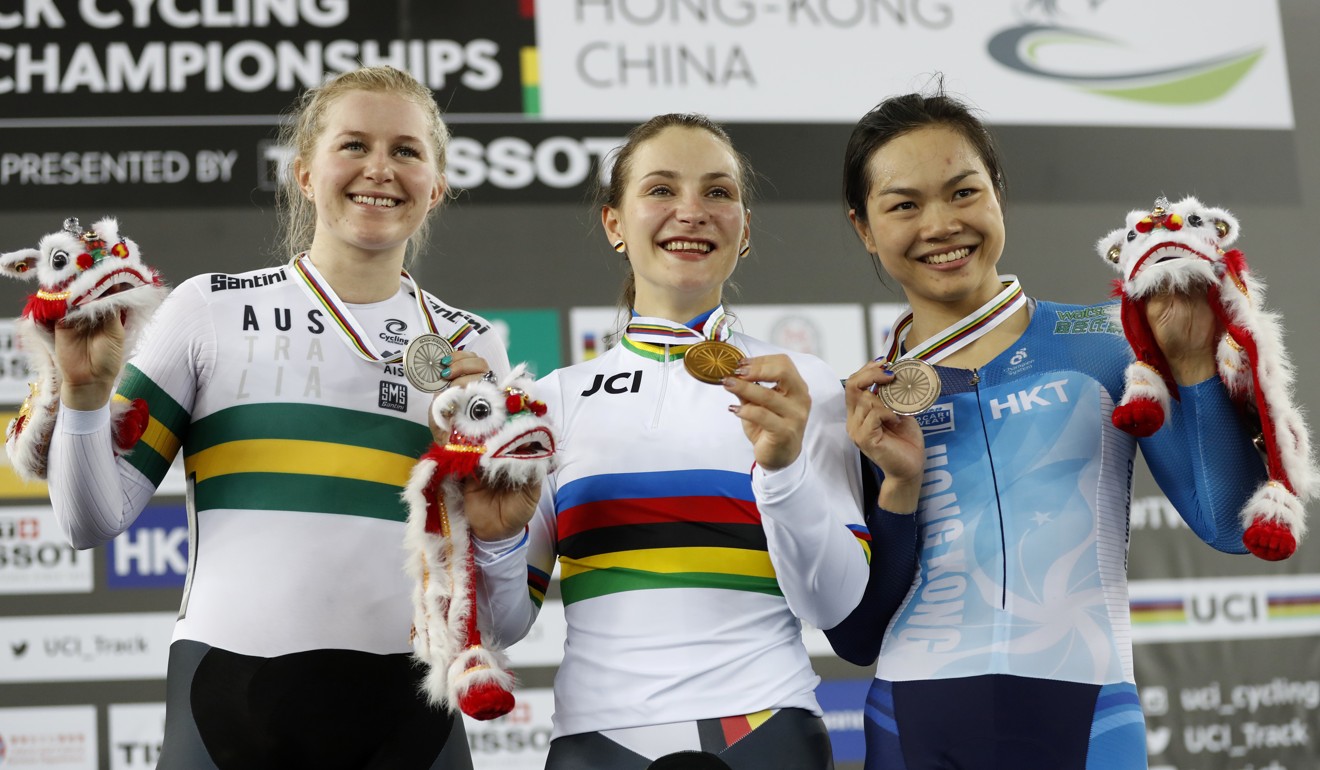
“I think it’s great that people put the spotlight on the achievements of Hong Kong’s women athletes,” said Leahy, a female sports psychologist who helped Lee win the Olympic gold medal at the 1996 Atlanta Olympic Games. “While we should all be proud of our female athletes’ achievements, it is probably not a significant figure when comparing against our male athletes results.”
Leahy said the Institute ran a statistical analysis on elite sports covering the last four-year cycle in four major events – the Asian Championships, World Championships, Asian Games and Olympic Games.
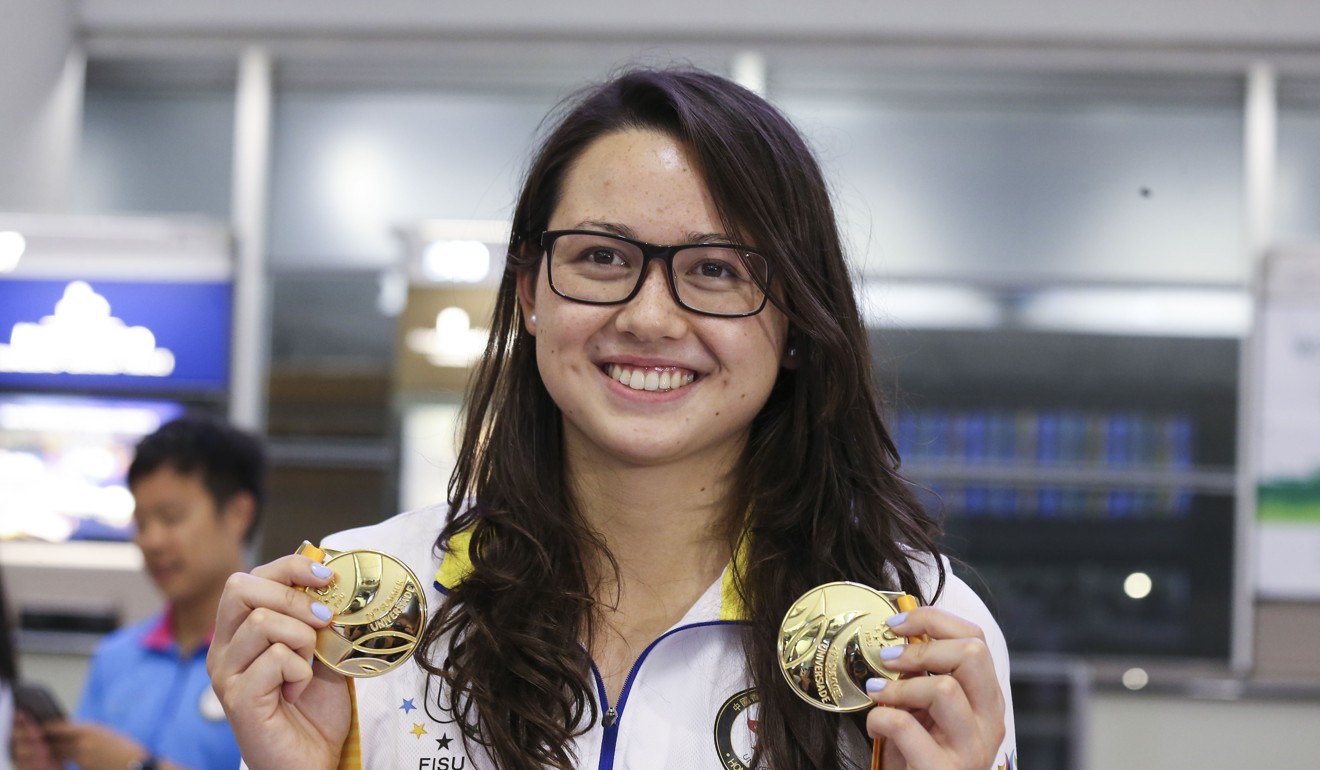
Hong Kong failed to win any medals at the 2016 Rio Olympics but in terms of top eight positions, four were achieved by male athletes and four by their female teammates.
In fact, across the four major competitions, about 43 per cent of female athletes won medals, which reflects the relative proportion of female athletes to male at the Sports Institute.
Vivien Lau Chiang-chu, a former ten-pin bowler who is now vice president of the Hong Kong Olympic Committee, agreed there was no significant difference between men’s and women’s results at elite level.
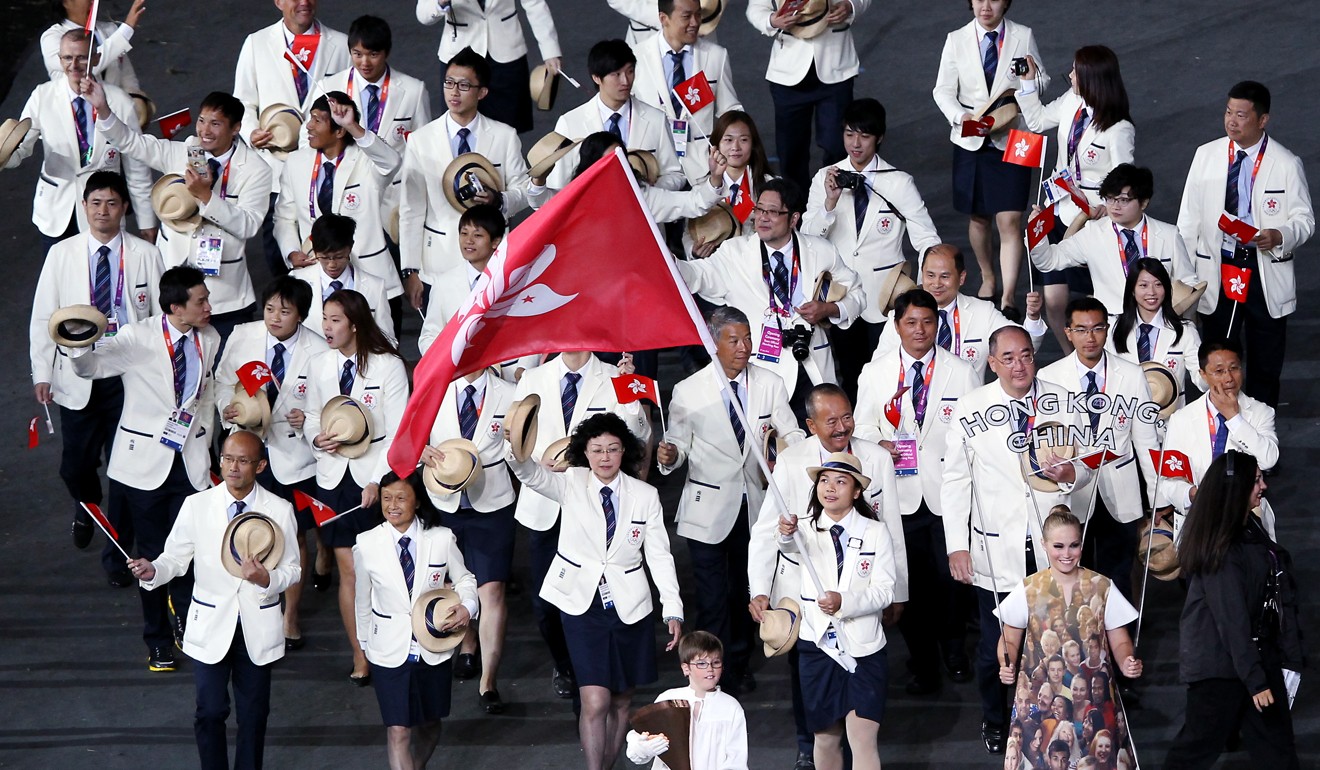
“In ten-pin bowling, we have Cathrine Che who won the first ever gold medal for Hong Kong at the Asian Games in 1986 but Hui Cheung-kwok was the first bowler to win the world title for Hong Kong.
“Male bowlers Wu Siu-hong and Mak Cheuk-yin are both doing very well at the moment.”
Leahy said male and female athletes are equally supported at the Sports Institute across all the critical success factors that contribute to elite performance.
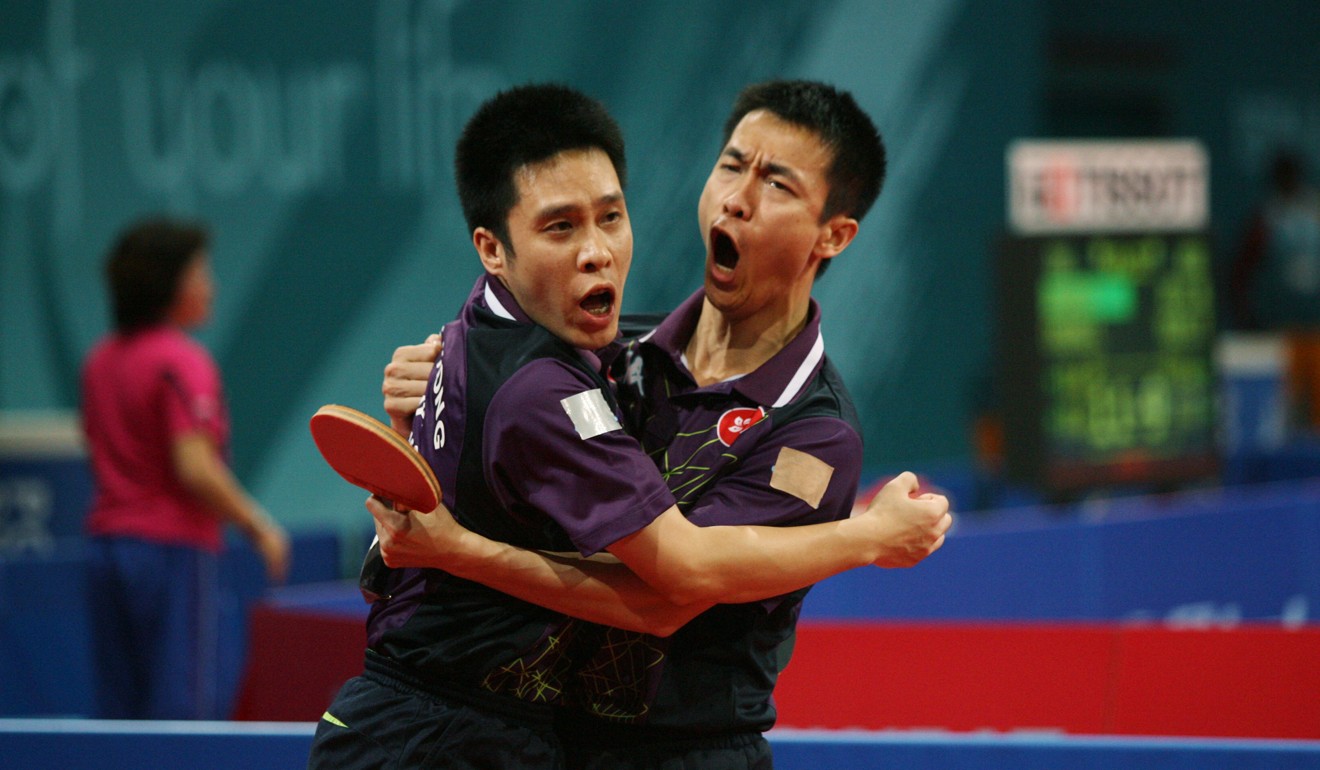
Lee will be among the favourites after capturing a bronze medal in the sprint at the 2017 World Championships in Tseung Kwan O while snooker player Ng won world titles run by the amateur and professional bodies. In total, she won four world titles.
US-based Haughey was the champion in the 100-metre and 200-metre freestyle at the World University Games in Taiwan. Her fifth place finish in the 200-metre freestyle final at the World Championships in Budapest was another milestone for Hong Kong swimming.
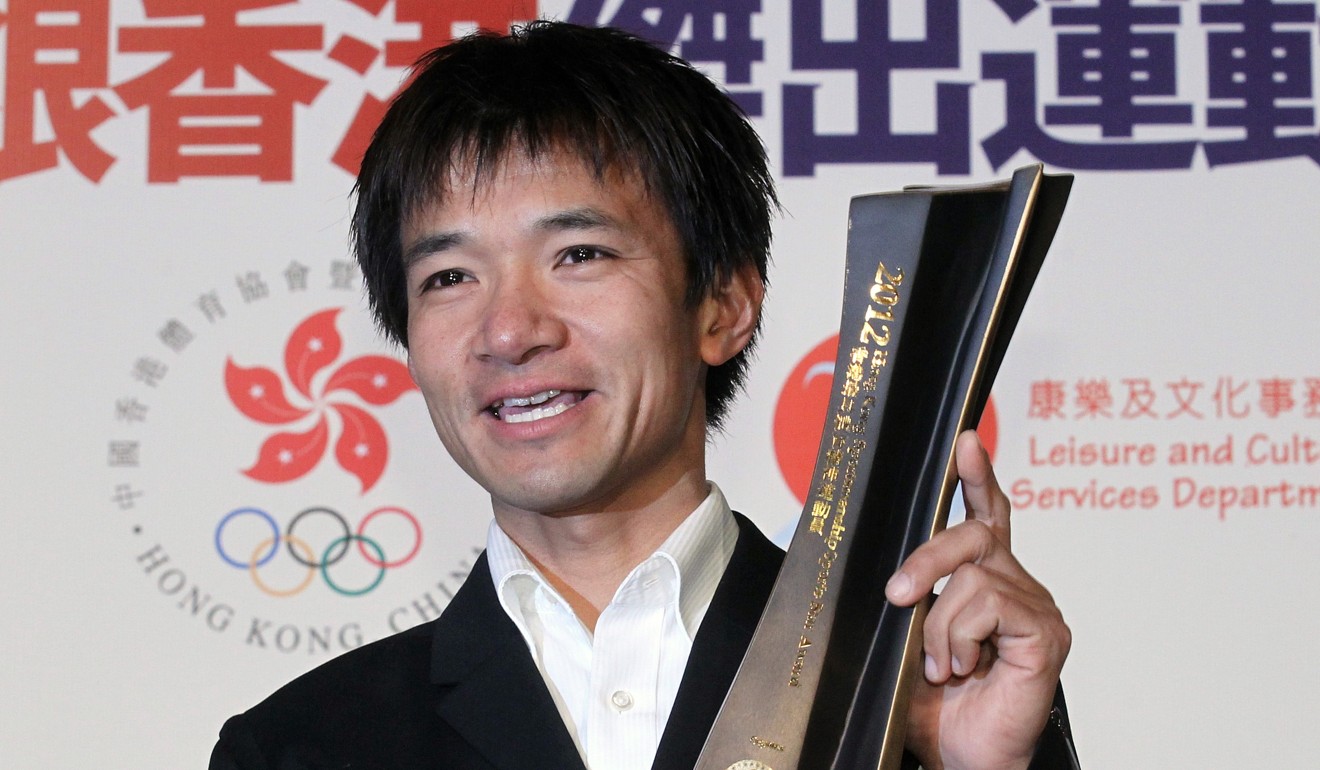
With disabled athletes usually being considered for the top honour, candidates Yu Chui-yee (wheelchair fencing) and Ng Mui-wui (disability table tennis) would be two strong contenders.
There are six female athletes in the honours list.
The two male athletes looking to mount a challenge will be fast-improving fencer Cheung Ka-long and table tennis star Wong Chun-ting.
On Tuesday we will discover if more female athletes or their male counterparts will be honoured.

